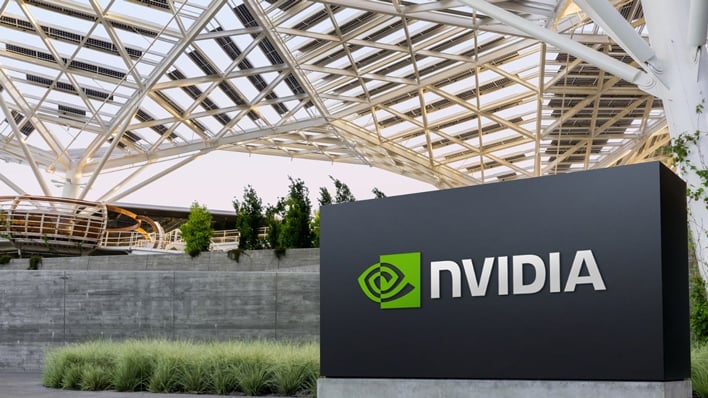TSMC Secures 300,000 H20 AI Chip Order As NVIDIA Boosts Supply To China
The report comes from Reuters, who quotes various unnamed industry sources for its findings. NVIDIA reportedly already has between 600,000 and 700,000 H20 chips stockpiled, and has elected to order wafers for the additional 300,000 after a recent meeting in Beijing. At the meeting, CEO Jensen Huang stated the volume of H20 orders NVIDIA received would dictate whether production of the chip would restart, in light of the fact that ramping up the supply chain alone is a nine-month undertaking. Considering the company has a gigantic amount of chips on hand and is ordering a lot more, to state that demand from China is through the roof is a massive understatement.

If you're wondering why NVIDIA is currently sitting on such a large stockpile of those chips, here's the background. The H20 is a cut-down AI accelerator chip bespoke for the Chinese market, designed to appease the United State's technology export restrictions. Selling that stockpile would be business as usual, except that the 2025 trade war temporarily halted the sale of these still-powerful chips to Chinese customers. NVIDIA apparently sold about a million of them in 2024, according to SemiAnalysis.
Sales of the H20 are now resuming, though NVIDIA reportedly still needs export licenses for its chip stockpile, something Huang doesn't think will be an issue. An unnamed source at the U.S. Department of Commerce told Reuters the entity still has to issue said licenses, but these dealings rarely happen as easily as one-click online purchases. If you're doing the math, then NVIDIA looks set to sell at least another million H20s between 2025 and 2026.
According to Reuters, the H20 was (and probably is) one of the playing cards in the sino-american battle and was part of the recent negotiations over the supply of rare earth magnets. Letting China have these chips was a move reportedly criticized by both Democrats and Republicans as potentially leading to the U.S. losing its AI technology edge, while NVIDIA countered that since the ecosystem is built around its chips, further incentivizing the creation of Chinese alternatives would be counterproductive.

